Lesbian Dictionary Chinese
How to say lesbian in Chinese
Below are the words of our Chinese Lesbian Dictionary that we will expand in new editions. If you know any more, please, contact us. But first some information about the language and where it is spoken.
When we speak about the Chinese language, we actually refer to the set of languages closely related to each other spoken in China, belonging to the Sino-Tibetan family and now spoken by 1325 million persons. In our Chinese Lesbian Dictionary, you can find expressions of different Chinese languages.
As in the rest of the planet, there was a time when homosexual behavior was normalized in China until in 1740 the first law against it was approved. The rejection of sexual diversity came from the hand of the West during the Self-Strengthening Movement, which intensified during the Cultural Revolution.
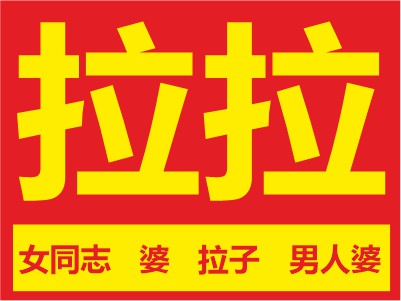
However, during this period of repression and persecution, in the Canton of the 19th century, there were lesbian communities called “zishu nu” (literally “self-combing women”), women who lived together as sworn sisters, and who promised ceremonially not marrying (with men). Is also known the so-called “Mirror-Polishing Gang” (the polished mirror is the Chinese reference to tribadism, scissoring, etc.) of the Shanghai of the Qing period, a group of “prostitutes” who rejected contact with men as disgusting.
Finally, in 1997 homosexuality was decriminalized and in 2001 eliminated from the list of mental illnesses. However, the policy of the authorities has not been aimed at granting rights or protecting against discrimination, being substantiated in the slogan of the “three noes“: not approve, not disapprove and not promote. Socially, the situation is different in colonial regions such as Hong Kong, Taiwan or Macao, where there is much more freedom, activities and LGBT cultural production than in mainland China.
- +
H
The letter H is the slang used to refer to a lesbian that can be both masculine ( T) and feminine (Po (婆)).
+Ku’er (酷儿)
The Chinese expression Ku’er (酷儿) is the phonetic adaptation of the English word Queer and is with tóngzhì (同志) one of the expressions preferred by the Chinese LGBT community. As society has progressed in rights and freedoms, in addition to imported expressions such as ku’er (酷儿) new expressions have been coined to talk about sexual diversity. Some examples are:
· Shuāng xìng liàn (双性恋): the literal translation is “two-gender love” and is the expression used to refer to a bisexual person.
· Biànxìng rén (变性人): the literal translation is “changed-gender person”, and is the expression used to refer to a transgender person.
· Cíxióngjiānxìng (雌雄间性): intersexual, intersexuality.
· Shēnglǐ xìngbié (生理性别): biological sex.
· Xìngbié jiāolǜ zhèng (性别焦虑症): gender dysphoria.
· Xìngbié rèntóng (性别认同): gender identity.
+Lā lā (拉拉)
The Chinese expression Lā lā (拉拉) has the meaning of lesbian and is the colloquial form preferred by Chinese lesbians and bisexuals to refer to themselves. Apparently, it has its origin in the expression of Taiwan lāzi (拉 子).
+Lāzi (拉子)
Lāzi (拉子) is the expression used in Taiwan to say lesbian and, it seems, is the expression from which Lā lā (拉拉) comes, one of the most used positive expressions in China to refer to lesbians. In Mandarin Chinese, we find the equivalent expression lěisī (莱西) and its variant lěisībiān (莱斯西比安).
+Nánrén pó (男人婆)
The literal translation of the Chinese expression Nánrén pó (男人婆) is “woman man” and has the meaning of Tomboy, although it may be a derogatory expression depending on the context, in the style of the Spanish “marimacho” and the “Erkek Fatma” from Turkey.
2Nǚ tóngzhì (女同志)
Nǚ tóngzhì (女同志) is a positive Chinese expression that means “female tóngzhì”. It derives from the word Tóngzhì (同志) which is translated “officially” as “comrade”. However, in the 80s, in Hong Kong and Taiwan, LGBT activism began using it to refer to people of any sexuality and/or gender, since it literally means “with the same interest” thus transforming it into “interest in the same sex. ” Although Tóngzhì also includes lesbians, as is the case with the word Gay, it is mainly used for homosexual men, and Nǚ tóngzhì (女同志), and its Mandarin variant nǚ tōng (女通), are used for lesbians.
+Po (婆)
The Chinese expression Po (婆) is used to refer to feminine lesbians and has its origin in the English expression “pretty girl”.
Variations: Pi, P
+Rényāo (人妖)
Rényāo (人妖) is a derogatory Chinese expression whose literal translation would be something like “human demon” or “human monster” and that is used against transgender women.
2T
T is the Chinese slang used to refer to masculine lesbians, it has its origin in the English expression Tomboy.
Read more: Tomboy. Lesbian Dictionary (United Kindom)
Read also: Tomboy and gender expression in our blog.


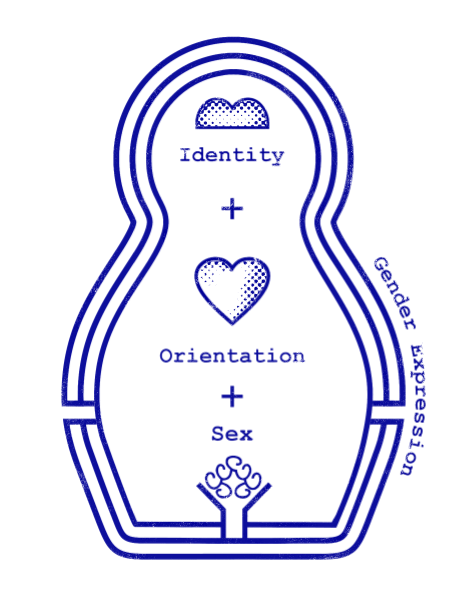
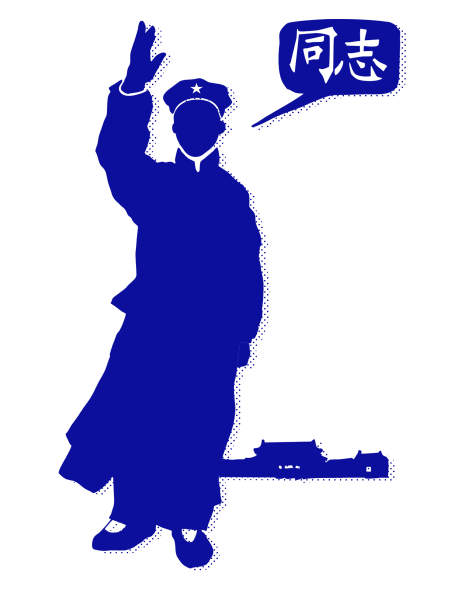
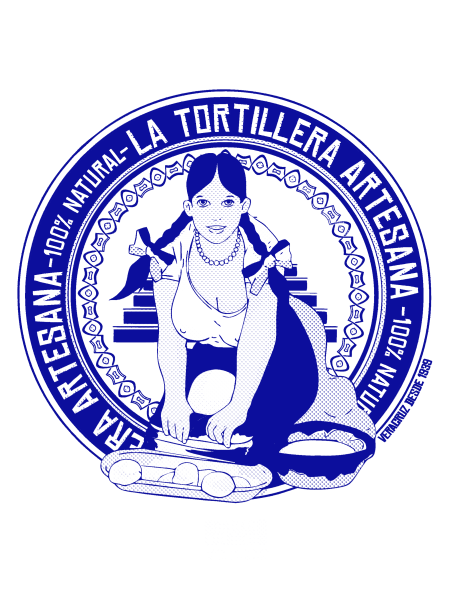
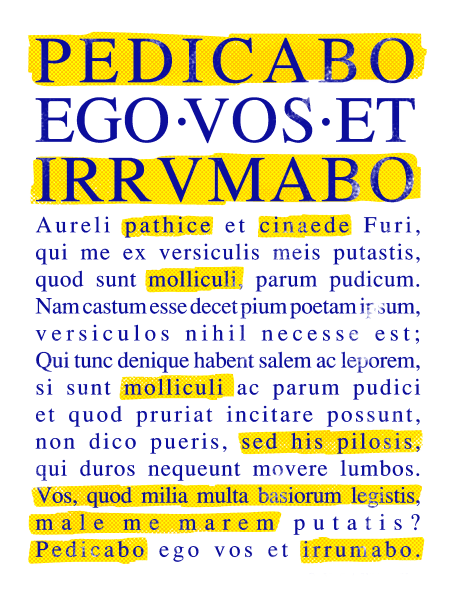

Can you help us with this dictionary?
You can do it in two ways, sending an email with some words you know, and also, spreading our work on your social networks.
Share it!